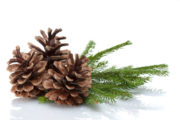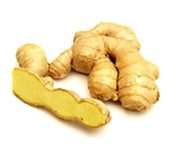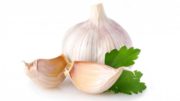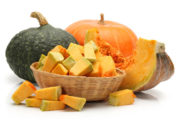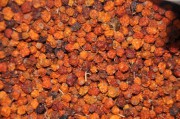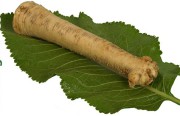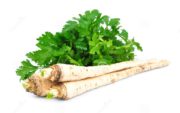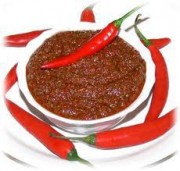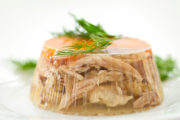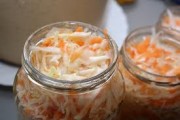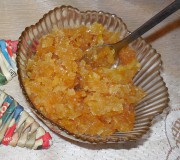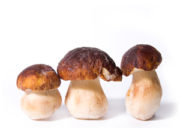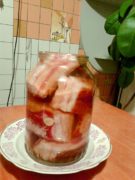Salt dough: methods for drying products - how to dry salt dough for crafts
An alternative to plasticine is salt dough, which you can prepare yourself at home. Crafts made from this material can delight the eye for years. But this can only be achieved if certain rules for drying dough are observed. There are several drying methods, and each of them has its own subtleties. Today we will examine in detail the topic of how to properly dry crafts made from salt dough.
Content
How to make salt dough
Modeling dough is made from wheat flour, fine table salt and water. The amount of ingredients is taken in the following proportion:
- flour – 1 part;
- salt – 1 part;
- water – ½ part.
All ingredients are thoroughly mixed. To make the dough more durable and not break when drying, you can add a tablespoon of PVA glue.

Watch a video from Elena Puzanova on how to prepare salt dough for crafts
How to dry dough crafts
The dough should be sculpted immediately on the surfaces on which they will dry. After the work on forming the products is completed, you can decide on the drying method.
The natural way is in the air
This drying method is the most energy-efficient, but also the longest in time. The place should be chosen dry and warm. If you place the craft on a windowsill in direct sunlight, the drying time can be reduced.
Drying time also depends on the product itself. The thicker the layer of dough in the craft, the longer it will take to dry completely. On average, it takes 24 hours for 1 millimeter of dough to dry naturally.
In addition to the duration of the procedure, the disadvantage of this method is that in places where the product comes into contact with the surface on which they are located, depressions can form.
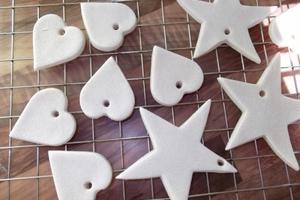
On the heating radiator
This drying method can only be used during the heating season, when the radiators in houses are warm. To prevent the product from deforming, it must be laid out on a flat surface covered with foil or polyethylene, and then this structure must be moved to the radiator.
In an electric oven
The dough products are placed on a baking sheet sprinkled with flour. At the same time, its color is important. A light baking sheet reflects heat, which significantly increases the drying time, while a container made of dark material, on the contrary, dries the products much faster. This fact requires adjustment of the temperature regime. This article will provide values for drying crafts on a light baking sheet. If you are using dark-colored dishes, set the oven temperature 25 degrees lower.
Drying steps:
- at a temperature of 50 degrees – 1 hour;
- at a temperature of 75 degrees – 1 – 2 hours;
- at a temperature of 100 – 125 degrees – 1 hour;
- at a temperature of 150 degrees – 30 minutes.
Initially, the product must be placed in a cold oven.
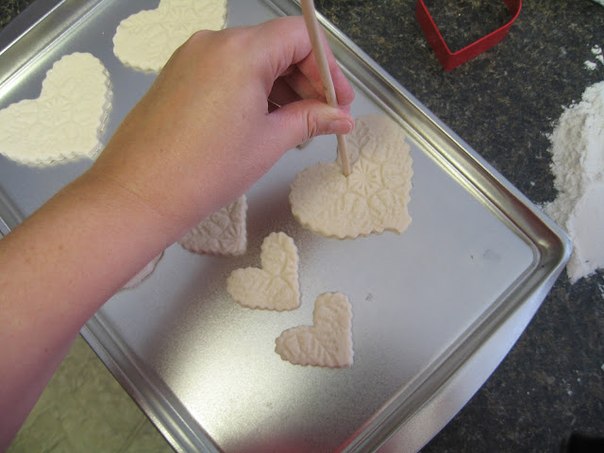
In a gas oven
Drying in a gas oven is twice as fast as in an electric oven.
The gas is set to minimum power, and the door is used to regulate the temperature.
Drying steps:
- door half open – drying time 1 hour;
- the door is open a quarter – exposure time is 1 hour;
- door completely closed – 1 hour.
If you immediately start drying the craft with the door closed, bubbles will appear on its surface that will be impossible to get rid of.
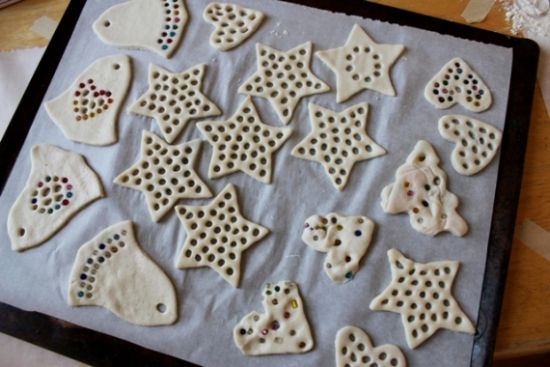
Watch the video from the channel “skalka TV” - Modeling from salt dough. Drying and decorating salt dough products
Combined method
Mixed drying is suitable for large volume products. The craft is first kept at room temperature for a couple of days, and then dried in the oven. The temperature is initially set at 50 degrees, and then gradually increased to 150.

In the microwave
You cannot dry salt dough products in the microwave!
How to determine product readiness
The readiness of the product is indicated by the sound made when tapping with a finger. If it is loud, then you can stop drying, but if it is deaf, then the craft needs to continue drying for some more time.
Rules for browning products
Browning is carried out in the oven at a heating temperature of 200 degrees. In this case, the craft must be completely dried. The frying process should be under your constant control and, as soon as the craft acquires a golden hue, complete the procedure.
To ensure that a salt dough product can be stored for a long time, its surface after painting is treated with a colorless varnish, which can be glossy or matte.



